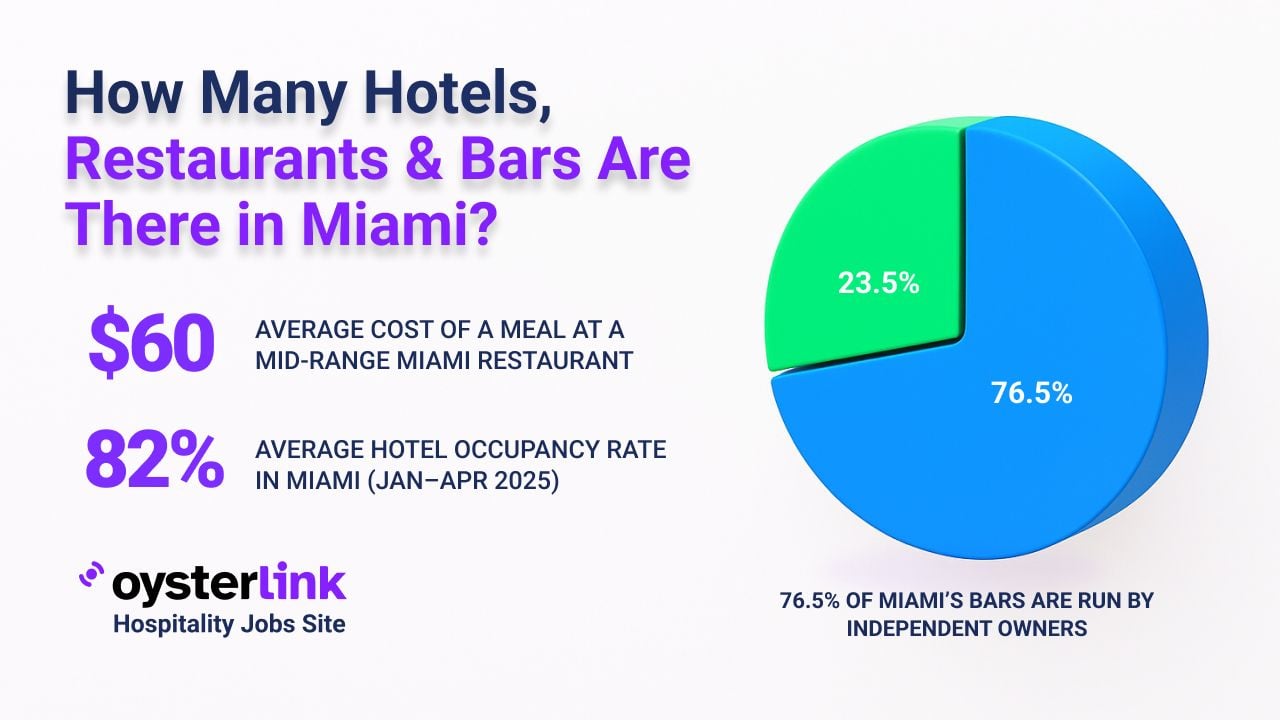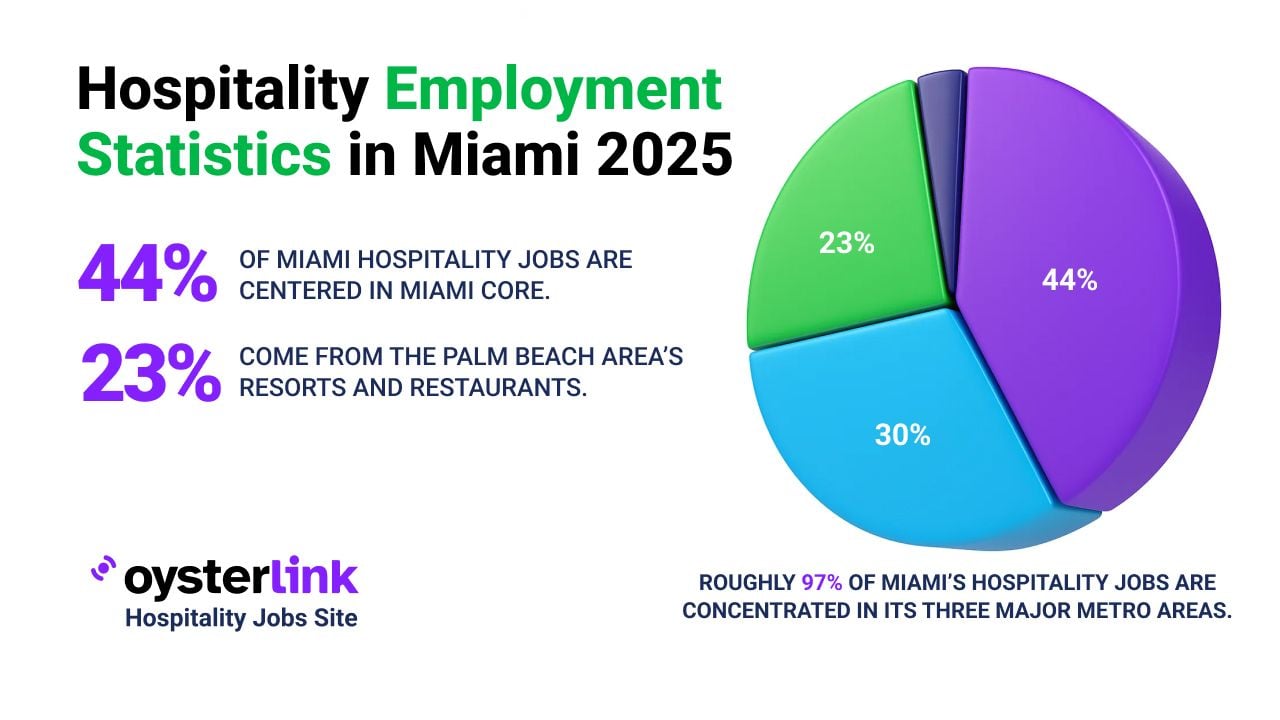Florida Tip-Pooling and Tip-Credit Rules: Key Takeaways
- Florida's minimum wage is $13.00/hour (August 2025) with a tip credit up to $3.02 allowing a base wage as low as $9.98/hour.
- Tip pooling is legal but limited to employees who regularly receive tips; managers and employers cannot participate or take tips.
- Credit card tips must be paid fully to employees, with only proportional credit card fees allowed as deductions.
Understanding Florida tip-pooling and tip-credit rules is critical for hospitality employers to maintain compliance and ensure fair employee pay.
This guide clarifies Florida's wage laws, tip pooling regulations, and employer responsibilities.
For streamlined distributions, consider this tip pooling spreadsheet.
1. Minimum Wage and Tip Credit in Florida
As of August 2025, Florida’s minimum wage stands at $13.00 per hour. Employers may apply a tip credit up to $3.02 per hour when paying tipped employees.
This means that the direct cash wage paid to tipped employees can be as low as $9.98 per hour, as long as tips make up the difference to meet or exceed the $13.00 minimum.
Florida’s minimum wage is scheduled to increase by $1.00 annually until it reaches $15.00 per hour in September 2026. This incrementally raises the base wage and potentially the allowable tip credit.
If an employee’s combined tips and cash wage do not total at least the minimum wage, employers must pay the difference to comply with state law.
For planning pay, review the minimum wage for servers.
2. Florida Tip-Pooling Regulations for Employers
Tip pooling is permitted in Florida under strict conditions designed to protect employees’ tips and ensure fair distribution.
Eligible Participants in Florida Tip Pools
Only employees who customarily and regularly receive tips—such as servers and bartenders—may be required to contribute or share in tip pools.
See the server job description for typical tipped duties.
Employees in roles that do not traditionally receive tips, like cooks, dishwashers, and back-of-house staff, are excluded from mandatory tip pools.
Review the bartender job description when setting tip pool eligibility.
Employer and Manager Participation in Tip Pools
Employers, managers, and supervisors are strictly prohibited from receiving any part of the tip pool. Retaining employees’ tips is not allowed under Florida law.
Learn more in our guide on whether owners take tips.
Notification and Fairness in Tip Pooling
Employers must inform employees about any required tip pool contributions before they begin and ensure the distribution method is clear and equitable.
Transparent communication helps maintain trust and compliance.
When recruiting, follow best practices for jobs for tipped employees.
3. Service Charges vs. Tips in Florida
In Florida, mandatory service charges added to customer bills are not considered tips.
These charges are retained by the employer and do not count toward tipped employees’ income.
If an employer chooses to distribute service charges to employees, these amounts are treated as regular wages, not tips, and are subject to overtime calculations accordingly.
For roles reliant on gratuities, see the cocktail server job description.
4. Credit Card Tip Rules in Florida
When customers leave tips by credit card, employers must pay employees the full tip amount shown.
Employers may deduct only a proportional share of the credit card processing fees based on tip amounts, but no additional fees or costs may be deducted from employee tips.
To reduce costs, explore strategies for payment processing fees.
5. Non-Tipped Duties and the 80/20 Rule in Florida
The "80/20 rule" mandates that tipped employees spend no more than 20% of their working time on non-tipped duties.
Additionally, non-tipped duties should not exceed 30 minutes consecutively.
If these limits are exceeded, employers cannot apply the tip credit for the time spent on non-tipped tasks and must pay the full minimum wage for that period.
Support roles may also qualify; review the barback job description.
6. Record-Keeping Requirements for Tip Pooling in Florida
Employers who operate mandatory tip pools without taking a tip credit must keep detailed records of all employees receiving tips and the amounts distributed on a weekly or monthly basis.
Maintaining transparent and accurate records helps demonstrate compliance and protect both employees and employers in audits or legal issues.
7. Resources for Florida Employers on Tip Pooling and Tip Credit
Employers and employees can consult official government resources for additional guidance and detailed updates:
- U.S. Department of Labor: Fact Sheet #15 on Tipped Employees
- Florida Department of Economic Opportunity: Minimum Wage Program
- Florida Department of Business and Professional Regulation: Division of Hotels and Restaurants
Florida Tip-Pooling and Tip-Credit Rules: Conclusion
Florida employers in the hospitality industry must carefully navigate tip-pooling and tip-credit rules to comply with state and federal labor laws.
Key practices include paying at least the minimum wage combined with tips, restricting tip pools to tipped employees only, prohibiting employer participation in tip pools, and diligent record-keeping.
By following these guidelines, Florida businesses can foster fair compensation for workers while minimizing legal risks and maintaining industry standards.




.webp)
.webp)